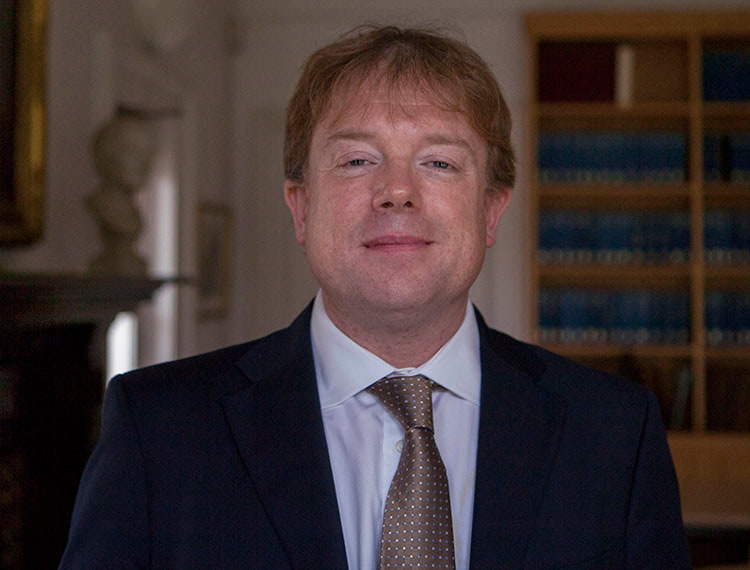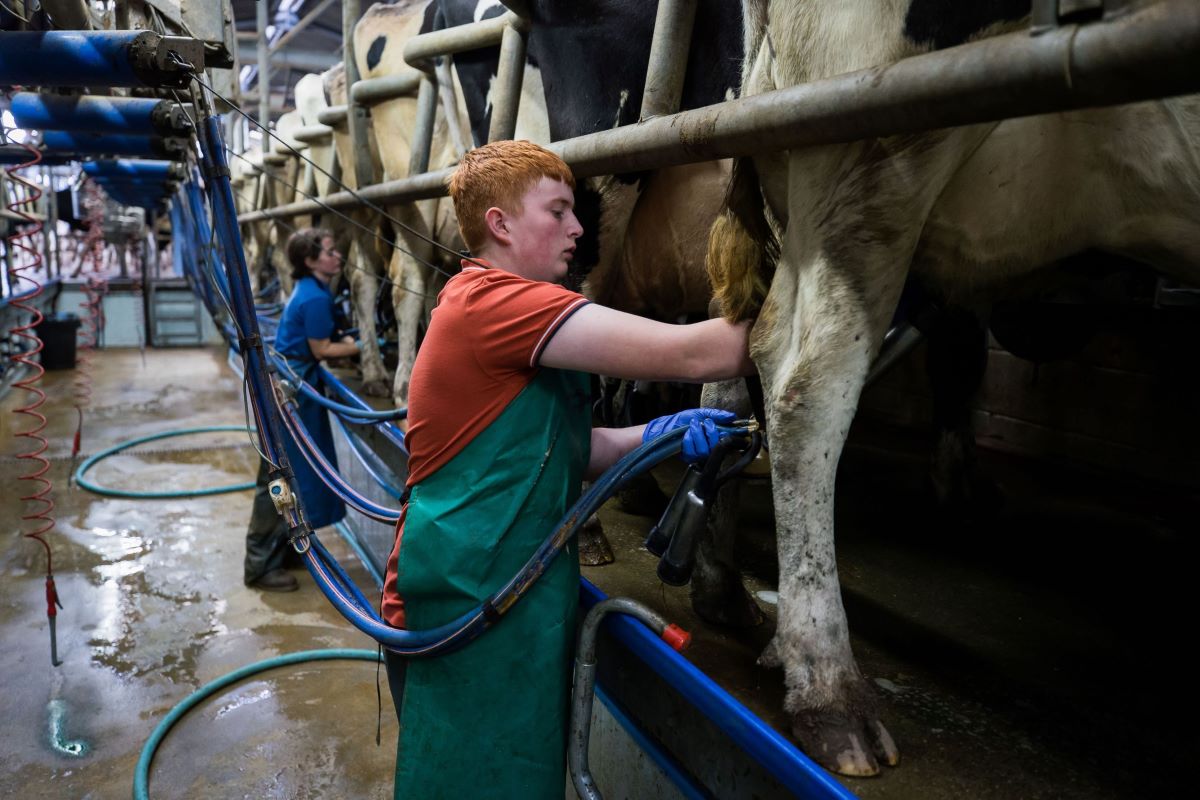Grammar schools significantly increase the chances of disadvantaged pupils reaching highly-selective universities, especially Oxbridge

A new paper published by the Higher Education Policy Institute (HEPI) looks at the impact of selective schools in ensuring progress to higher education.
The Impact of Selective Secondary Education on Progression to Higher Education, HEPI Occasional Paper 19, by Iain Mansfield shows grammar schools increase the likelihood of progression to selective higher education for pupils from the bottom two quintiles of social disadvantage and for Black and Minority Ethnic (BME) pupils. The analysis takes into account both the chances of children from different groups getting into a grammar school and how those children who do get in perform. The report is published in HEPI’s series of polemical papers, which are designed to challenge as well as to inform.
The report shows 45% of pupils at grammar schools come from households with below median income and that:
- 39% of pupils in selective school areas progress from state schools to highly-selective universities, compared to just 23% in comprehensive areas;
- a state school pupil from the most disadvantaged quintile is more than twice as likely to progress to Oxbridge if they live in a selective area than a non-selective area; and
- a state school pupil with a BME background is more than five times as likely to progress to Oxbridge if they live in a selective area rather than a non-selective area.
The paper describes how most previous research has focused narrowly on eligibility for Free School Meals as a measure of disadvantage, which obscures large differences within the remaining 85% of the population.
The report also examines the performance of the new specialist Maths schools and considers public attitudes towards grammar schools, including exploring why the public are more supportive of grammar schools than educational experts.
The paper ends with seven recommendations for universities, regulators and policymakers for further enhancing social mobility. These include:
- extending the Selective School Expansion Fund to allow grammar school branch sites in disadvantaged areas, where this is supported by the relevant local authority;
- increasing the number of specialist Mathematics schools from two to ten by 2022; and
- commissioning detailed research on the impact of selective schooling on the social mobility of children from households below the median income.
Iain Mansfield, a former senior civil servant and the author of the report, said:
Opponents of grammar schools portray them as just for the rich, but 45% of their pupils come from below median income households. So the claim they’re for the rich simply isn’t true. A narrow focus on eligibility for Free School Meals has ignored many other measures of disadvantage, including ethnicity, parental education and broader income disparities.
My report shows that, for many disadvantaged children, selective education makes a vital contribution to social mobility. Astonishingly, England’s 163 grammar schools send more BME students to Cambridge than all 1,849 non-selective schools combined. Even after considering that children from some groups are more likely than others to get into a grammar school, the presence of grammar schools benefits pupils in every quintile of disadvantage.
Public opinion has long favoured grammar school expansion. The Government should now accelerate its expansion plans, including establishing branch sites in the most disadvantaged areas, where this is supported by the relevant local authority.
Nick Hillman, HEPI Director, said:
The debate on grammar schools has become very one sided. Researchers line up to condemn them for inhibiting social mobility, and the schools do not perform well on every single measure. But the full evidence is more nuanced and shows some pupils benefit a great deal.
Compared to other countries, we have a hyper-selective university system. Given so many people benefit from attending a grammar school, it seems what works for universities may also sometimes work for schools.
The Higher Education Policy Institute was established in 2002 to shape the higher education policy debate through evidence. It is the United Kingdom’s only independent think tank devoted to higher education. HEPI is a non-partisan charity funded in part by organisations and universities that wish to see a vibrant higher education debate.
Previous reports in HEPI’s provocative Occasional Paper series include A Comprehensive University by Professor Tim Blackman and The positive and mindful university by Sir Anthony Seldon and Dr Alan Martin.











Responses